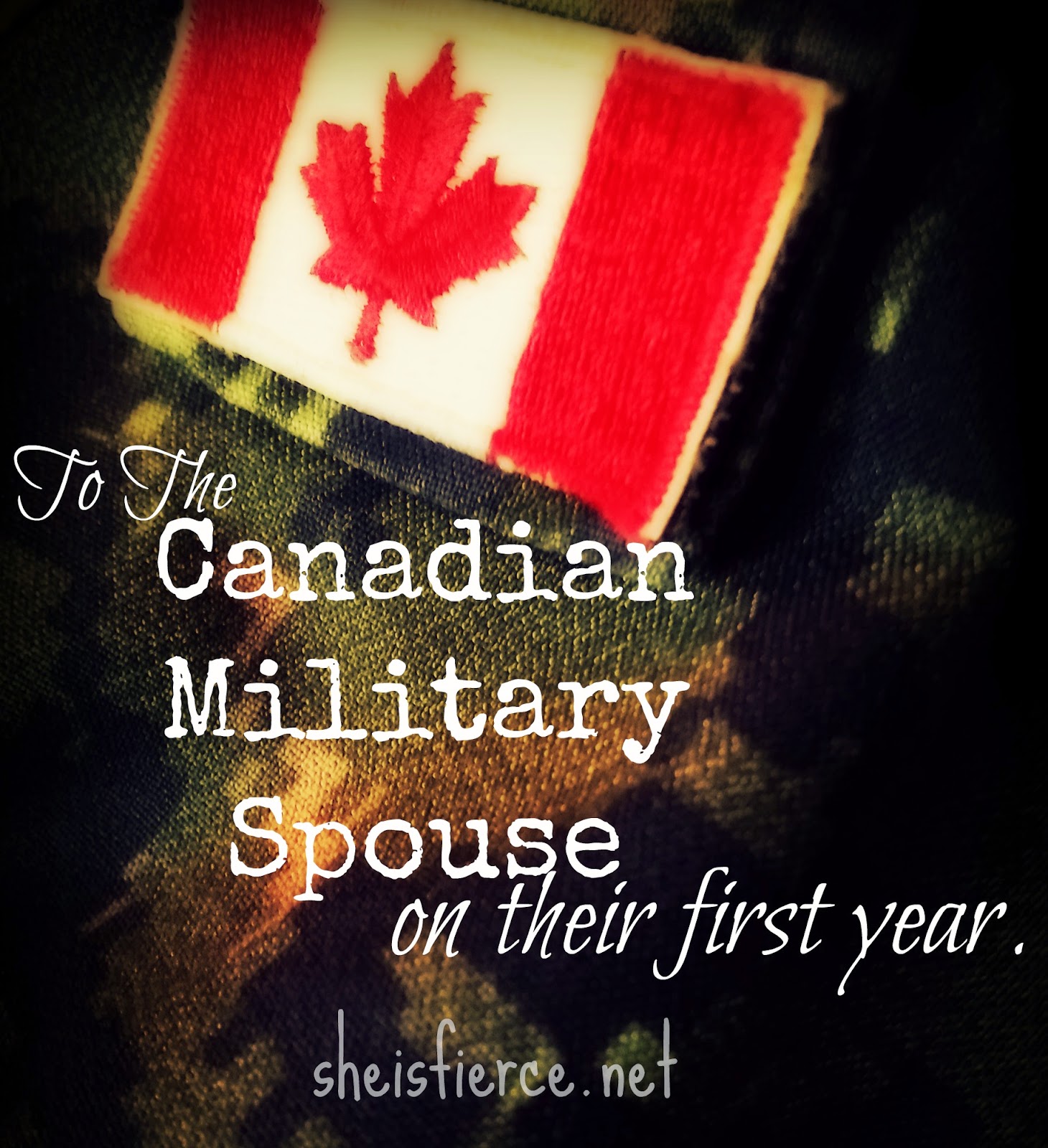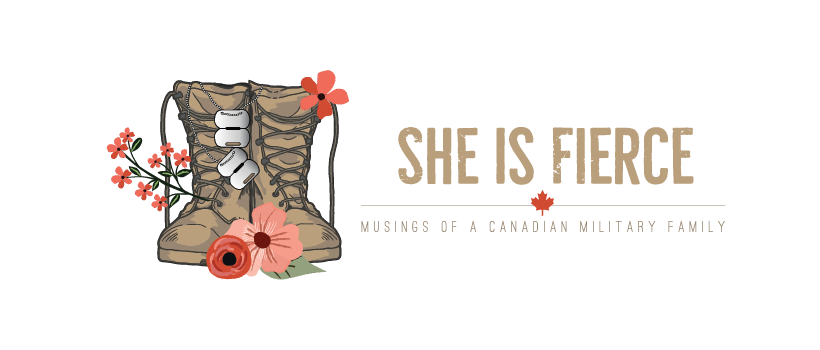To The Military Spouse on the First Year

It’s also wise to check over a pay stub regularly to ensure nothing is being taken or given that shouldn’t be. Better to catch an overpayment right away than have to pay it back down the road. 11. Learn OPSEC and PERSEC
OPSEC is Operational Security and refers to things that should be kept confidential for operational/national security reasons.
PERSEC is Personal Security and refers to things that should be kept confidential for your own safety.
Both are vitally important that you understand. Know that in this way, the military DOES control you. You CANNOT share things that violate OPSEC or you CAN be arrested and/or your spouse can end up in significant amount of trouble. Some examples of OPSEC information includes times and dates of departure and return from mission deployments, some deployment locations and specifics, sometimes even where your spouse is.
Sometimes OPSEC means it can’t be told to ANYONE. Sometimes it means it needs to stay off of social media and that includes your ‘private’ account. Whatever the case, you and your spouse should always discuss what about his or her job at any given time is confidential and remember it’s not only his or her safety on the line.
HMCS: Her Majesties Canadian Ship. For some reason, this is occasionally used to refer to buildings the Navy occupies in lieu of a ship. That’s odd but what can you do.
2IC: Second in Command
CoC or Chain: the different levels of authority above your spouse’s position.
NCM (Non-commissioned member): Ranks of Private to Master Corporal (names of ranks may vary depending on branch and trade just to confuse you)
Commissioned: Officer
SNCO or Senior NCO (Non-Commissioned Officer): A member who is not an Officer who is holding the rank of Sgt or above (Sgt, Warrant Officer, Master Warrant Officer, Chief Warrant Officer).
Sgt. Major: A Master or Chief Warrant Officer holding the position of authority. A Squadron Sgt. Major, a Regimental Sgt. Major (RSM), a Brigade Sgt. Major are all examples. But Sgt. Major is not a rank, it’s a position.
Chit: Paper granting permission or exemption from a duty or regulation.
Extras: Extra duties given as a form of disciplin.
HHT: House Hunting Trip
Posting: Military move.
APS: Annual Posting Season
Posting Message: The magic paper you absolutely must have in hand before you make any official plans for moving, no matter how many people tell you before that.
F&E: Furniture and Effects. Sometimes you have to remind the military you are not included in that.
Combats: Every day uniform (for army).
DEUs: Dress Uniform
Mess: Cafeteria OR rank specific bar (Jr. Ranks Mess, Sgts & WO Mess, Officer’s Mess).
Mess Dinner: Formal event held by a unit or base by invite only. Generally rank specific (Officer’s Mess Dinner or SNCO’s Mess Dinner). Occasionally will be a Mixed Mess Dinner (or Mixed Dining-In) that will include spouses.
Mess Kit: Special Dress Uniform purchased by the member and worn to Mess Dinners as well as other civilian formal events. Only needed by Officers and NCOs.
Exercise or ‘the field’: Time spent training, usually at a specific training base.
Course or “On Course”: A course is anything that teaches the member something. Ranges from the BMQ to Urban Ops, Language training, etc. May happen where they are or more often, they will travel to a training base or school to take it.
Career Course: When the training is a requirement for their trade or for career advancement.
ACK: This means Acknowledged. Usually said or typed following instructions or orders. It does not mean something like “ACK! A SPIDER!” Which may or may not be what I thought it meant for a long time.
Rgr: Same as above.
For the love of all the things, in Canada, Leutenant is pronounced “LEFT-tenant” not “LEW-tenant”.
Just for fun. That’s not how it’s spelled and we all know that.
Comments
About The Author
reccewife
Comments
Related posts:
Related Posts
How to move with the military in 54 easy steps
For those of you with a military move on the horizon, here’s 54…
Comments
Related posts:
Our military community, friends and sisters
Occasionally when I look around at Dh’s comrades when they are out…









KellyAnn Noel | 12th Mar 16
Great information. Maybe you could pass this on to the various MFRC’s and they could add Base/providence specific information. I wish I had this when my husband first joined over 28 years ago. Thank you.
Brian Forbes Colgate | 4th Jun 16
For those not in the know CoC is Chain of Command – Chain may not explain that well enough for the non-initiated.
Chain of Command also goes down … it’s the line from the bottom of the totem pole to the top within your particular organisation: Vehicle/Section – Troop/Platoon – Squadron/Company – Regiment/Battalion – Brigade – Division – Army.